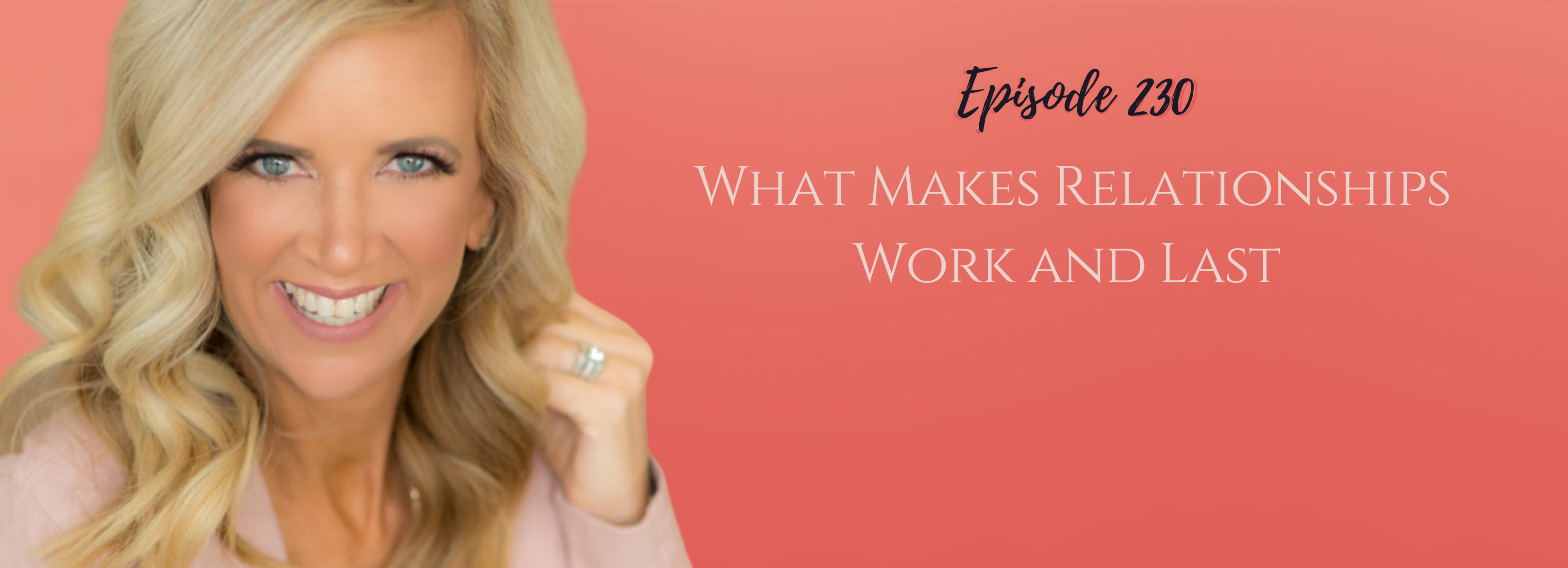
What Makes Relationships Work and Last
with Dr. Stan Tatkin, PsyD, MFT| 9.13.2023
In this episode, Kristen talks with Dr. Stan, a relationship expert and author, about building better relationships, addressing common couple challenges, and strategies for making relationships last.
You'll Learn
- The key principles of creating secure and lasting relationships.
- Common challenges couples face and how to overcome them.
- The impact of early attachment styles on adult partnerships.
- Practical strategies for improving communication and trust in relationships.
- How to address defensiveness and build healthier, more cooperative partnerships.
Resources
The Healing Power of Inner Child Work
For counseling services near Indianapolis, IN, visit www.pathwaystohealingcounseling.com.
Subscribe and Get a free 5-day journal at www.kristendboice.com/freeresources to begin closing the chapter on what doesn’t serve you and open the door to the real you.
Subscribe to the Close the Chapter YouTube Channel
This information is being provided to you for educational and informational purposes only. It is being provided to you to educate you about ideas on stress management and as a self-help tool for your own use. It is not psychotherapy/counseling in any form.